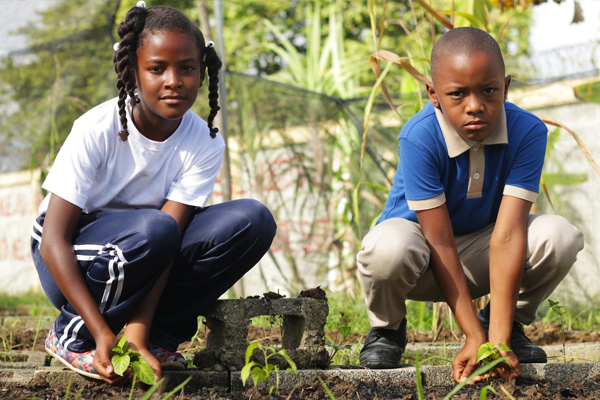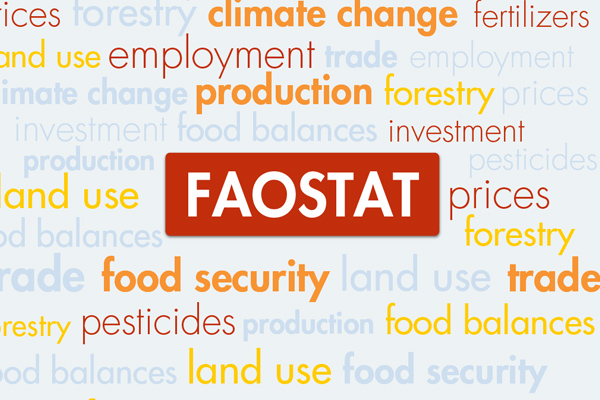Highlights
.jpg?sfvrsn=5f5fb97a_5)
2026 the International Year of the Woman Farmer
The Year will spotlight the essential roles women play across agrifood systems, from production to trade, while often going unrecognized. Women farmers are central to food security, nutrition and economic resilience.
Stories
Events
Thematic Dialogue: Gender equality and the actions needed to reduce the gaps
Virtual Event, 15/02/2024
-100.jpg?sfvrsn=e5d1703d_2)
Background
The 38 FAO Regional Conference for Latin America and the Caribbean (LARC38) is the main governing body of the Organization at the regional level, where the 33 FAO Member Nations in Latin America and the Caribbean meet to establish the Organization's regional priorities for the next biennium. At the Conference, ministers of States and high-level officials discuss the challenges and priorities related to food and agriculture.
Prior to the Conference and as part of the process of consultation with Civil Society, a virtual forum is proposed for dialogue with a special focus on gender, and the results will serve as input for the consultation with Civil Society.
Objective
To dialogue with representatives of civil society in the region to agree on the main proposals they have on FAO's progress since 37 FAO Regional Conference and on the proposal for 38 FAO Regional Conference.
To create a space for dialogue with broad, diverse and inclusive participation that guarantees the exercise of the right of women and sexual diversities in the region to express their proposals and agendas on food and agriculture.
- To analyze and reflect on FAO's objectives on gender equality, the four improvements (better production, better nutrition, better environment and better life) and regional priorities based on the different realities and organizational experiences of the participants.
- To gather the proposals made in the working groups in order to translate them into inputs for consultation with civil society in the declaration, with the hope that FAO and the States will incorporate them into their food and agriculture programs and public policies.
Participants
Women farmers, producers, artisanal fisherwomen, peasants, marketers, day laborers, indigenous women, Afro-descendants, consumers, leaders or representatives of organizations, collectives and cooperatives dedicated to food and agriculture are invited to participate.
LGBTTTIQ people from the same sectors dedicated to food and agriculture.
People with disabilities from the same sectors dedicated to food and agriculture.
Men from the same sectors who wish to participate in a dialogue with a gender approach.
Organizations, collectives and networks that are members of the Alliance for Food Sovereignty of the Peoples of Latin America and the Caribbean are widely invited to participate.
Methodology
The FAO Priorities in the region in accordance with the FAO Strategic Framework for 2022-2031, the Declaration of Civil Society Organizations at the 37 Regional Conference and the Report of the 37th Session of the FAO Regional Conference for Latin America and the Caribbean were taken as base documents.
The aim is to create a space for dialogue in which FAO can socialize the strategic framework in the region, the progress made since 37 FAO Regional Conference and how women and sexual diversities are strategic actors in the regional agenda and are participating in FAO's programmatic actions. Also, to learn how FAO will present these issues to 38 FAO Regional Conference and its Member States. The participants, in turn, based on what FAO has presented and on their experiences and/or community or organizational realities, are expected to express the proposals or actions needed to continue reducing gender gaps in the region.
Dialogue, reflection and work in groups will be promoted with the objective of energizing and enriching opinions collectively, generating proposals that can be taken up for consultation and declaration by civil society at the next conference.
The dialogues will be conducted through the Zoom platform with live transmission through FAO Americas YouTube channels and will be interpreted into Spanish-English and English-Spanish. Interested persons should register at the following link:
Virtual dialogue through the Zoom platform with live transmission through FAO Americas YouTube channels.
Results
- Synthesis of the contributions made by the working groups.
- Document with the proposals gathered in the dialogues.
Live broadcast

Regional Representative
Mr. Rene Orellana Halkyer was appointed by the FAO Director-General, QU Dongyu, as Assistant Director-General and Regional Representative for Latin America and the Caribbean, effective 1 November 2025.
Featured video
Key Documents
Publications

How to use antibiotics effectively and responsibly in poultry production - for the sake of human and animal health
2024
The use of antibiotics and thus the threat of antimicrobial resistance (AMR) can be reduced by adopting the right husbandry practices. This publication provides practical tips to the livestock producer aiming at improving animal health and hence the reduced use of antibiotics
FAO's four priorities in Latin America and the Caribbean
In depth
Global
Multimedia
FAO Brief – 7 July 2025
01/07/2025
In this episode of the FAO Brief: FAO scales up emergency seed distribution in Sudan; a new FAO report on the status of youth in agrifood systems; and FAO’s Conference held in Rome.

.jpg?sfvrsn=808d515d_5)
.tmb-th600x400.jpg?Culture=en&sfvrsn=131e3ba6_3)








-(1).jpg?sfvrsn=d38bcded_4)
.jpg?sfvrsn=7648e151_7)
5bf1fcc0-217c-4876-bde4-e48492bb9a59.jpg?sfvrsn=34341d2_7)


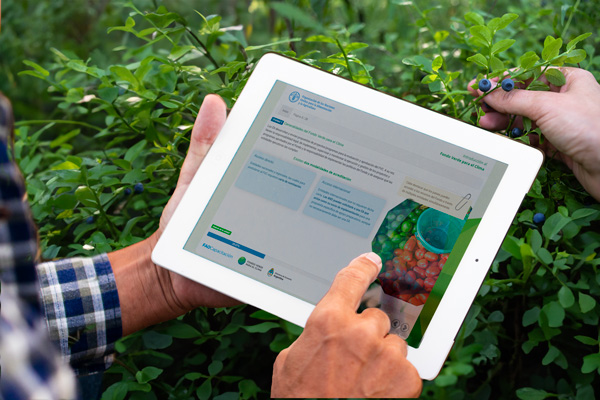
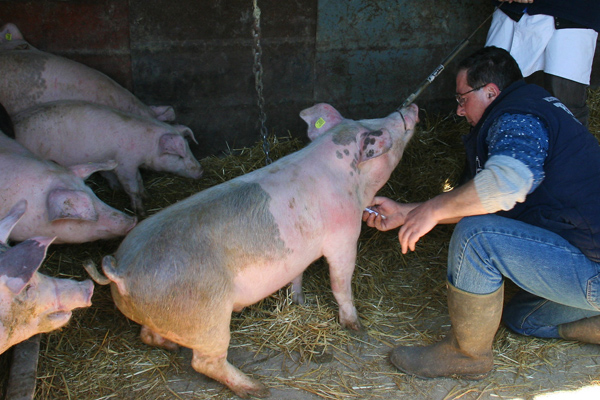
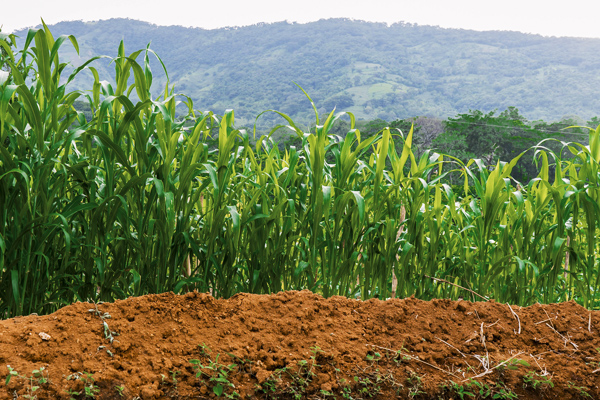
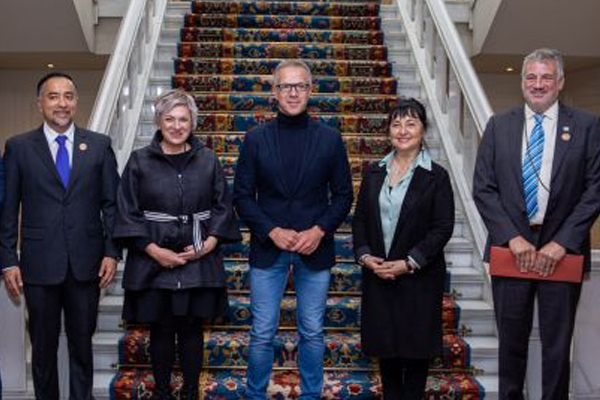
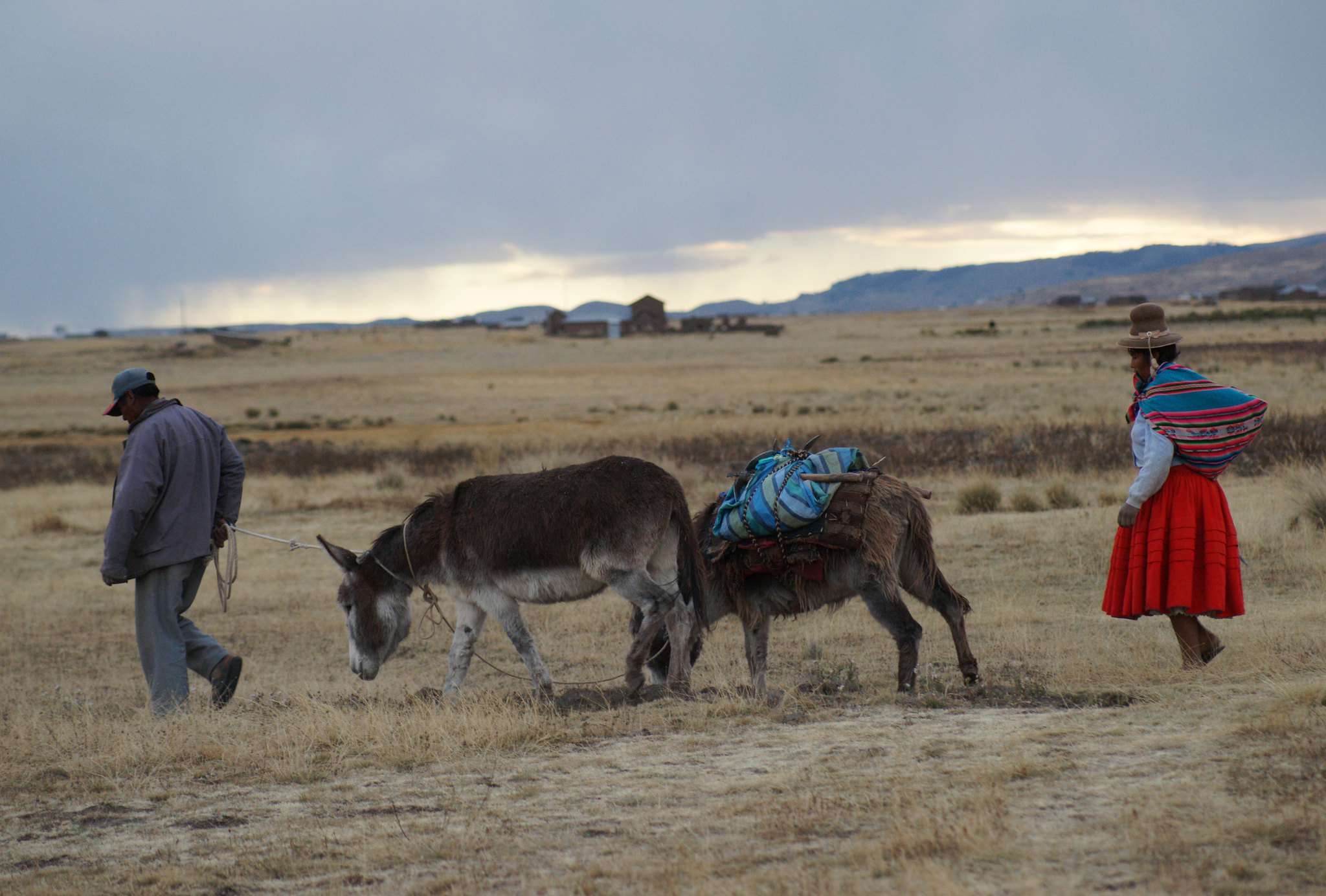
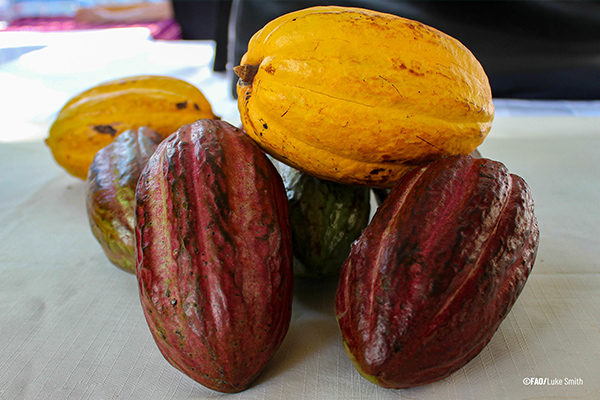
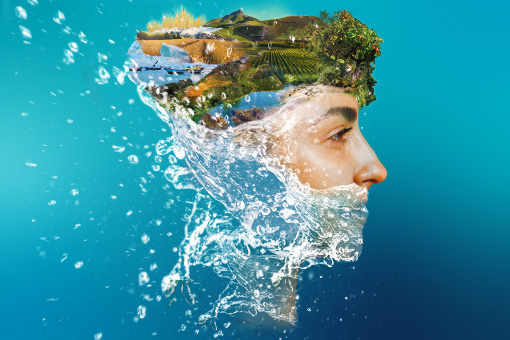
.png?sfvrsn=c4be63ee_6)
